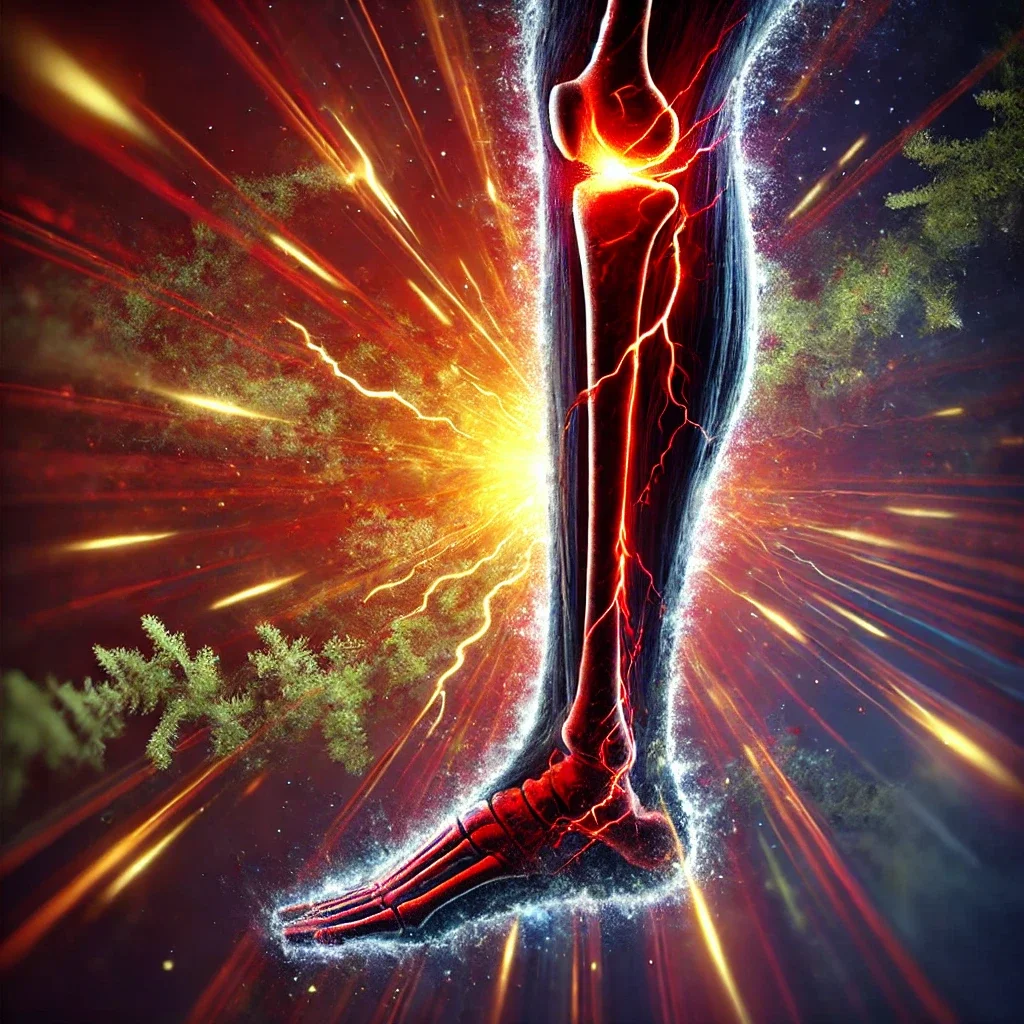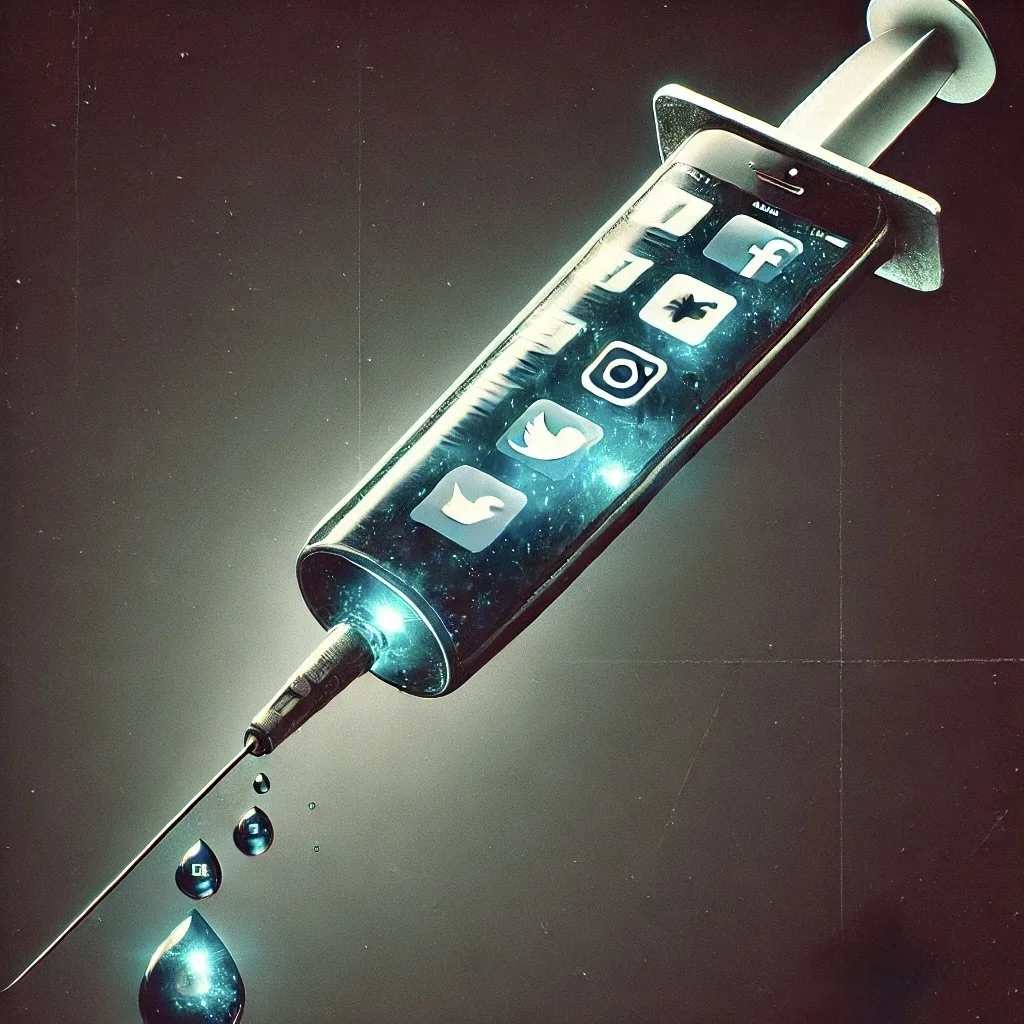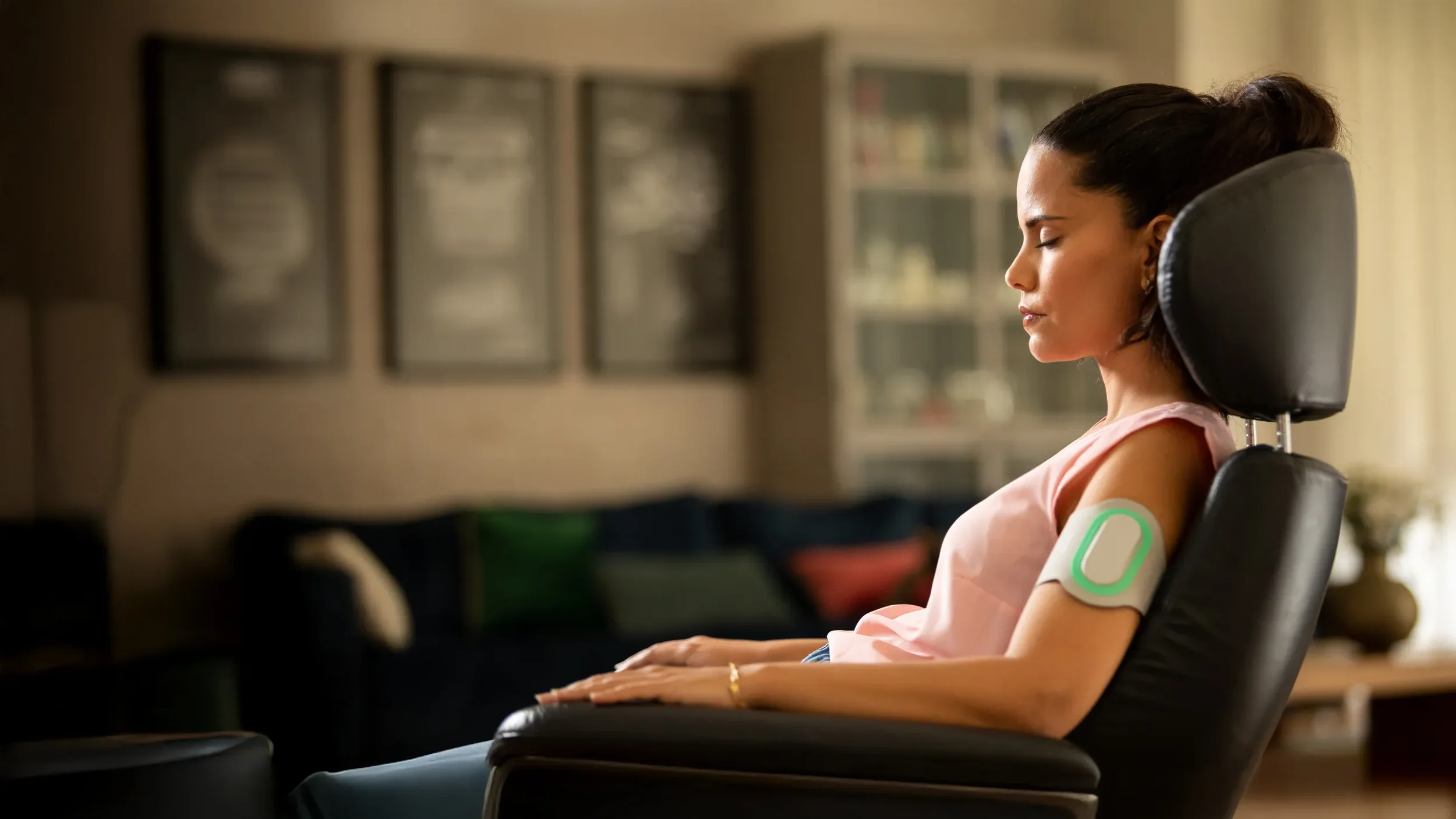Does this device work for migraine?
The device may offer some relief, perhaps reducing the intensity or allowing more functional time during an attack. But there’s no guarantee it will eliminate the migraine or shorten it dramatically for everyone. Given the severity and duration described, devices may serve better as part of a toolkit, not the only solution. Considering cost, ongoing maintenance (electrodes/pads), ease-of-use during a debilitated migraine state, and realistic expectations will be key. If possible, trialing the device (or finding a provider who allows a demo) might help determine personal suitability before heavy investment.
Applying for Disability for Migraine: What to Expect
The SSA does not have a migraine-specific listing, so approvals often hinge on demonstrating that migraine has the same functional impact as other recognized impairments. Many people hire disability attorneys during the process, though some are approved without one.
What’s the buzz?
Can’t stop the ringing? Can’t focus your attention? Can’t find a solution?
Tinnitus, or ringing in the ears, can be a consequence of many, many conditions. For some, it may be a nuisance. For others, a disability. Here are some tips and tricks you can think about which may quiet the toxic trill.
A starry-eyed experience unlike any other
The visual aura of a migraine may be a painless experience, but that does not make it less tolerable. And for some, it may only herald the disabling pain to come.
Do you have CRPS?
It was such a minor thing, who would have thought it would have changed my life forever?
Saving yourself from daylight savings
Daylight savings time is right around the corner. But your migraine doesn’t have to be.
Life cut short by long COVID?
The world was forever changed in late 2019, when reports of a mysterious viral pneumonia began to trickle out of Wuhan, China. Rapidly escalating from a cluster of unexplained illnesses to a global pandemic, COVID-19 revealed how vulnerable even the most modern societies can be to a novel pathogen. Within months, communities across continents faced lockdowns, overwhelmed hospitals, and an uneasy new normal. As the virus mutated and spread, frontline workers and everyday citizens alike became aware not just of its contagious nature, but also its uncanny ability to wreak havoc in ways no one could have anticipated.
Suffering from POTS no more
In today’s post from migrainefreeliving.org, a patient volunteered their testimonial and experience dealing with Postural Orthostatic Tachycardia Syndrome (POTS), a controversial condition that is often overdiagnosed and poorly understood. We found their journey enlightening and think it may help others find their way. Enjoy!
Electrical neuromodulation for migraine treatment: An evidence-based review
A pill-free possibility for migraine freedom is on the horizon. It comes in the form of electrical stimulation and neuromodulation. TENS units and Remote Electrical Neuromodulation (NERIVIO) are promising options for migraine patients who don’t find sufficient relief at the pharmacy.
Not FALLing for another migraine attack
With fall just around the corner, some people welcome the winter weather with open arms. Others, with bottles of ibuprofen. Who are you? And what can you do to make the seasonal shift more satisfying?
What is nummular headache?
If nummular headache had an acting career, its most convincing role would be as a migraine impersonator.
When Trust Hurts: Doubting your Doctor
Now more than ever, the credibility of health care providers is on the line. The chopping block really. Today, we get to talk with Sam, who lives with chronic migraines and recently faced major doubts about their physician’s ties to the industry and ability to empathize with migraine pain.
What is functional neurological disorder?
Doctor can’t decipher why you’re dizzy? Legs giving out on you? Brain in a fog and you can’t figure out why? Have you been told it could be due to functional neurological disorder? Don’t be dismayed by your diagnosis. Learn from it. And know you’re not alone.
A patient’s perspective of fibromyalgia
You’ve read the blogs, you’ve felt the symptoms, you know the pain. But no patient is the same. Every story is different. This is Sarah’s.
Are my doctors really CHEATING me?
Doctors earn a living off of illness. While they profit from your pain, is the health care system corrupt and out to cheat you?
How RFK, Jr’s policies might affect my migraine treatment
At first glance, there is no concern with a more critical appraisal of the evidence supporting clinical therapeutics. I have said it before, Medications are toxins with positive side effects. But selective readers, perhaps like Robert F. Kennedy, Jr, might stop reading that sentence after seeing “Medications are toxins.” Let’s unpack this.
How to Partner With Your Doctor for Better Results
You might be feeling like your doctor dismissed your symptoms, rushed to prescribe medications without listening, or failed to look deeper into what's causing your migraines.
Grieving is healthy, but at what cost?
Grieving the loss of a loved one is a profoundly human experience with a wide range of consequences—both positive and negative. While grief can help individuals move toward acceptance and personal growth, it often brings considerable challenges for mental and physical health. Understanding the multifaceted effects of grief is crucial to supporting oneself and others through this complex journey.
Nighttime nerves
It’s the worst thing that peripheral nerve pain strikes you right when you are going to sleep, when all the world is resting and you only want to put your mind at ease. NOPE! your feet say. The burning, stabbing, achey torture of peripheral neuropathy is not something that typically goes away. If anything, it only gets worse with time. What can you do??




















